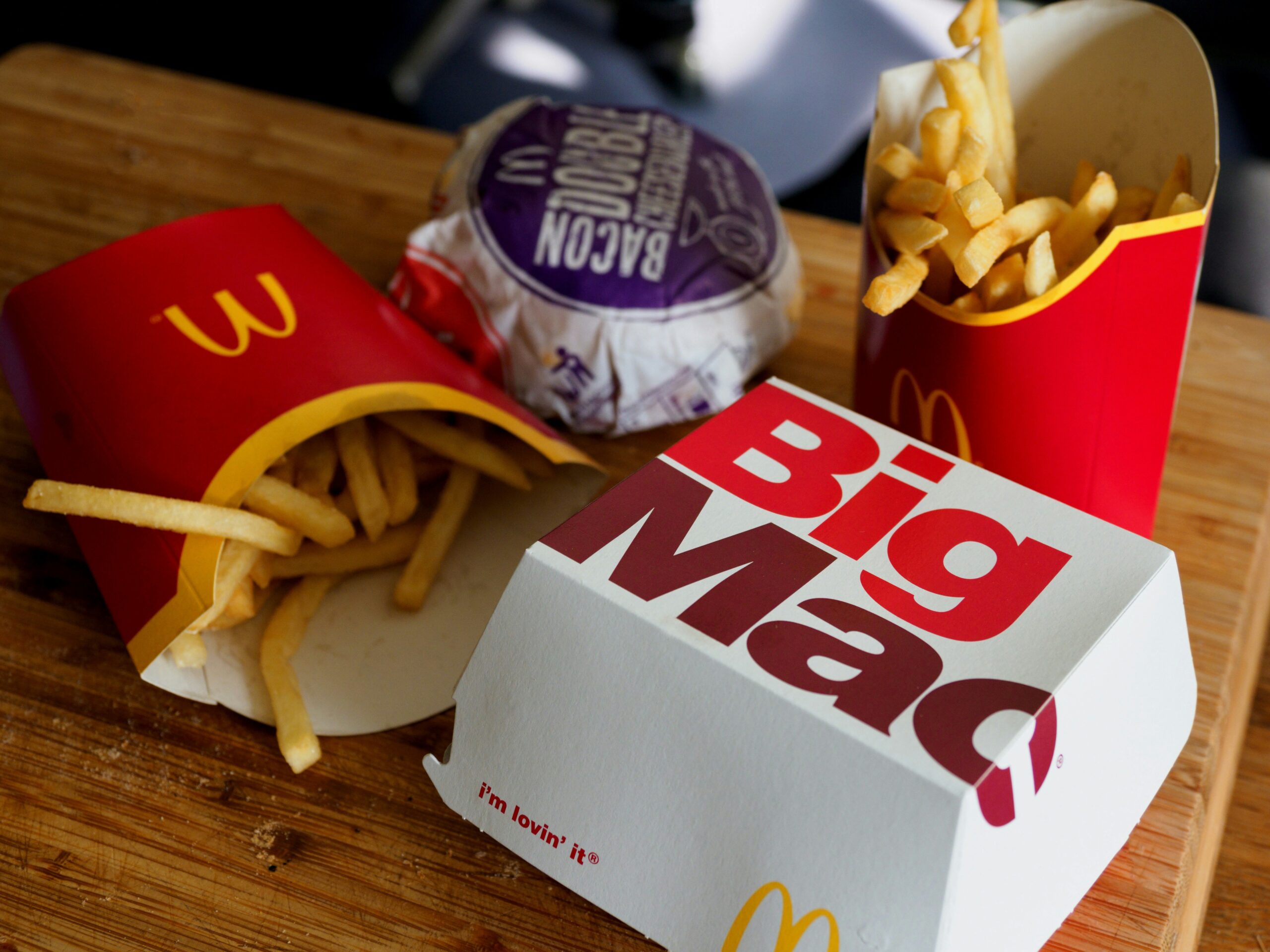Most of the food we eat… isn’t really food, as I learnt from reading Chris van Tulleken’s great book on the modern food industry, Ultra-Processed People, a few months ago.
Before reading the book, I had never really considered my humble loaf of bread from the supermarket which I enjoyed eating regularly. There surely was nothing wrong with it. It was even wholemeal bread so it was more nutrionally beneficial for me than the white bread I used to eat, right? Well, yes… and no.
We all know that junk food from fast food chains or sugary treats like ice cream aren’t that good for us. Their only real job is to give us a quick surge in dopamine making us feel good. They don’t give us the benefits of real food and they contribute to poor health, one bite at a time. But simple things like most supermarket bread (as mentioned earlier), cereal you’d feed to a child or even a pre-made sandwich you’d buy for lunch are not as good for you as you’d think.
If you’ve never heard of ultra-processed food (UPF) before, it’s a difficult concept to define. Essentially, it’s food that has been processed to an extreme level, as the name suggests. It’s usually high in saturated fats, salt and sugar, which you’d already associate with unhealthy food.
But it’s food that’s also been infused with a concoction of additives and cheaper alternatives to normal ingredients, making it more profitable for the companies producing it. UPF probably won’t kill you if consumed at a moderate level but it’s best avoided. If you look at the ingredients list of an item of food you buy, like a sandwich, and see emulsifiers, stabilisers, random oils, or gums (or anything you wouldn’t have in your home kitchen), then you likely have UPF on your hands.
Most UPF is not food… It’s an industrially produced edible substance.
The problem, I think, is that this kind of food has become so ingrained in our society. It is cheap to produce and so cheap to sell. It’s far easier to order junk food or buy a pre-made meal which is usually UPF, than to cook a healthy meal ourselves which can be rather expensive. It’s also become culturally ingrained. You probably know where a McDonald’s or a KFC near you is. You might even associate that kind of food with a fun time out with friends or a relaxing evening.
We don’t use emulsifiers and preservatives to cook, do we? And society a couple hundred years ago wasn’t doing so either. So why should we?
UPF is more accessible than it’s ever been before, especially with the rise of modern technology. And with the rise of ultra-processed food, there’s been a rise in obesity levels around the world, partly due to the fact that UPF is designed specifically to drive excess consumption.
It might seem that the problem is that UPF is fatty, sugary and salty, but that is simply not the case. The problem is the processing that goes on behind the food. The worst part is that these UPF-producing companies try to deny any blame for their role in the obesity crisis. Coca-Cola, a notable offender who we all know, fund public health studies investigating causes of obesity, and these leads to bias in the studies that shifts the blame for obesity away from these offenders and onto other things like lack of exercise.
No, the problem is the UPF that Coca-Cola and other companies produce. UPF companies also use methods like making health claims and attractive packaging to give customers no choice but to surrender to them.
I think we have to change our mindset about UPF in society. The more we casually allow ourselves to indulge in these foods, the more we will casually destroy our health for no reason.
Here’s an experiment to try: don’t feel guilty about eating UPF if you want to quit it. I know this sounds counterintuitive but just keep eating it as you may normally do; really savour every bite of the stuff. After you do this for some time (maybe one month like Chris van Tulleken did), you’ll never want to touch ultra-processed food again.
So, check the ingredients labels of foods in your kitchen. I would recommend reading the book, Ultra-Processed People. Take control of your own diet (and life). Don’t allow the food industry to control your mind with its tempting offers of cheap and satisfying UPF. If you want to perform at your best every day, it’s best to eat real food that actually respects you.

Leave a Reply